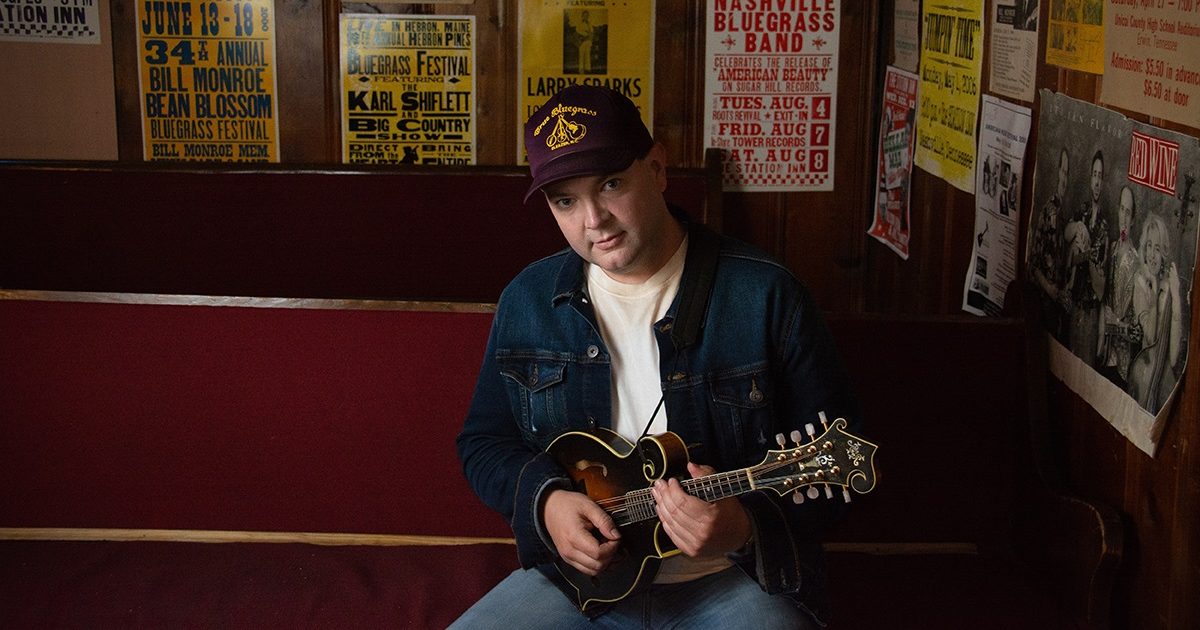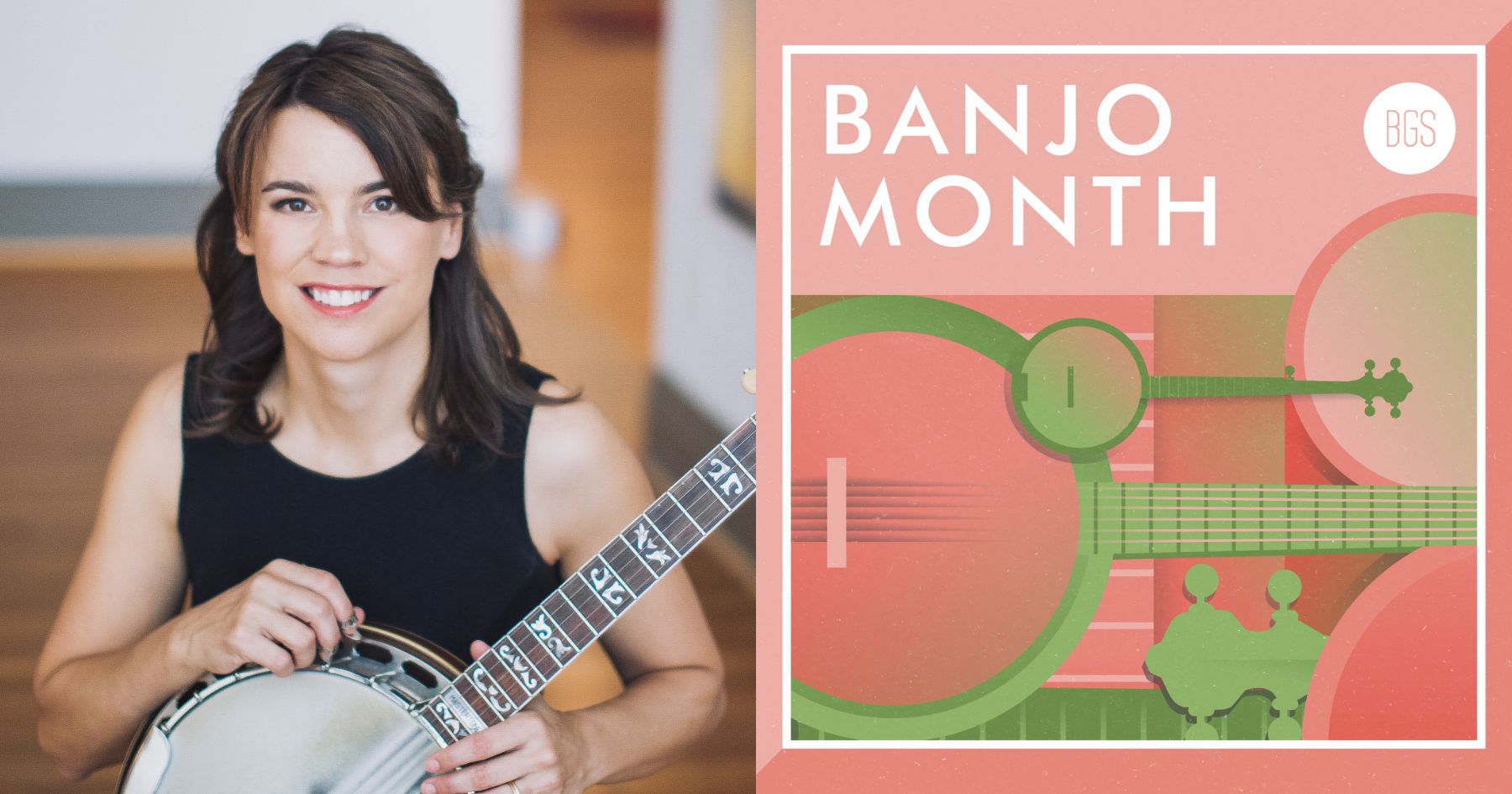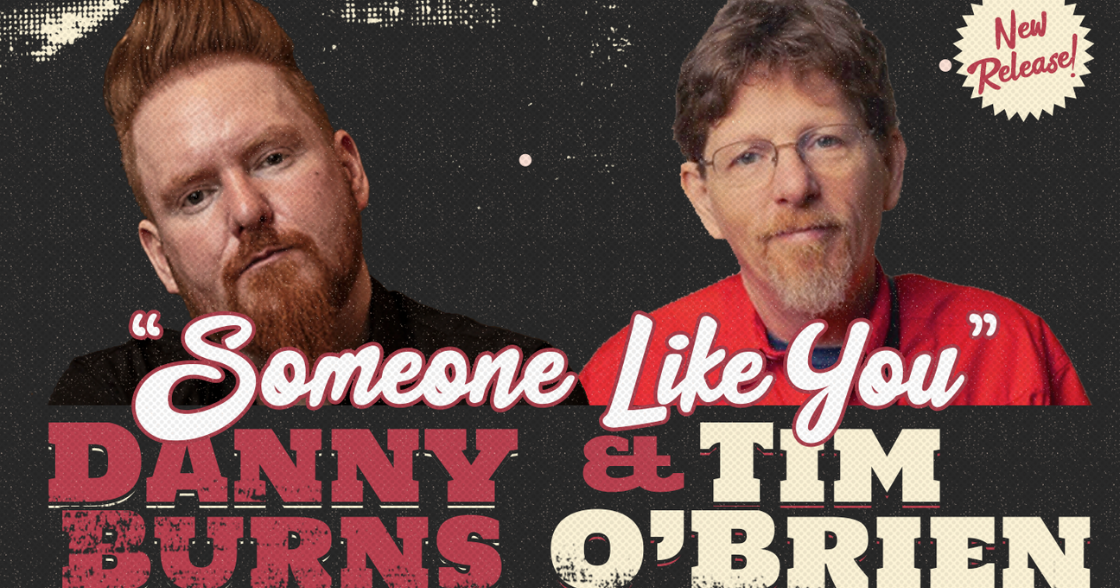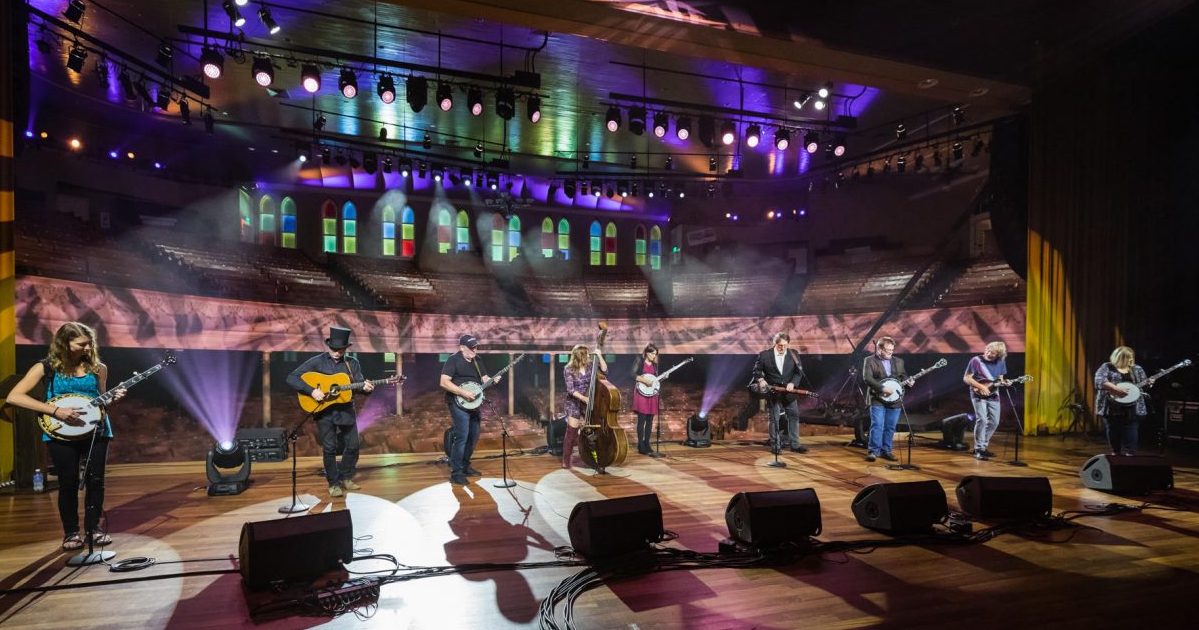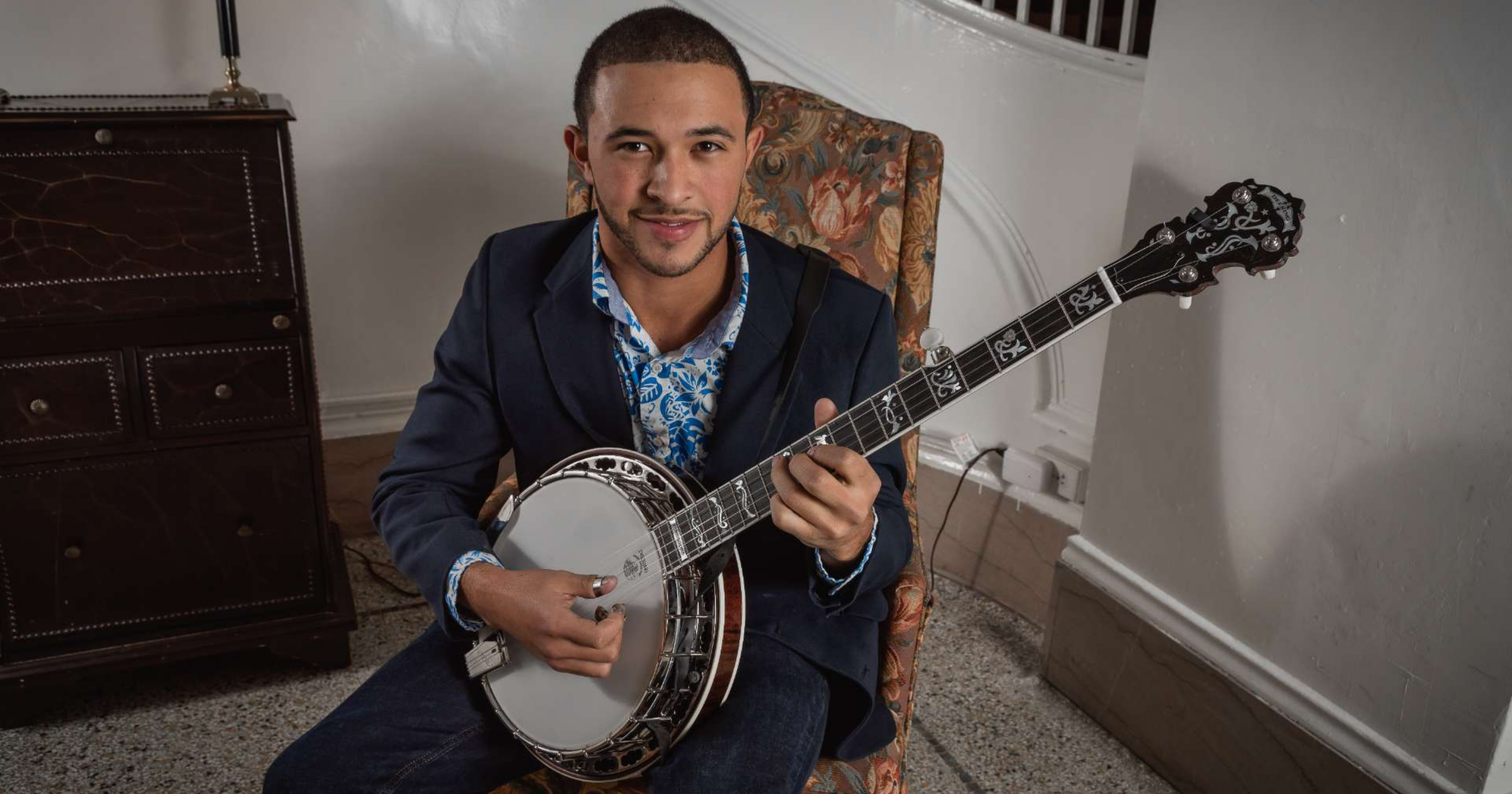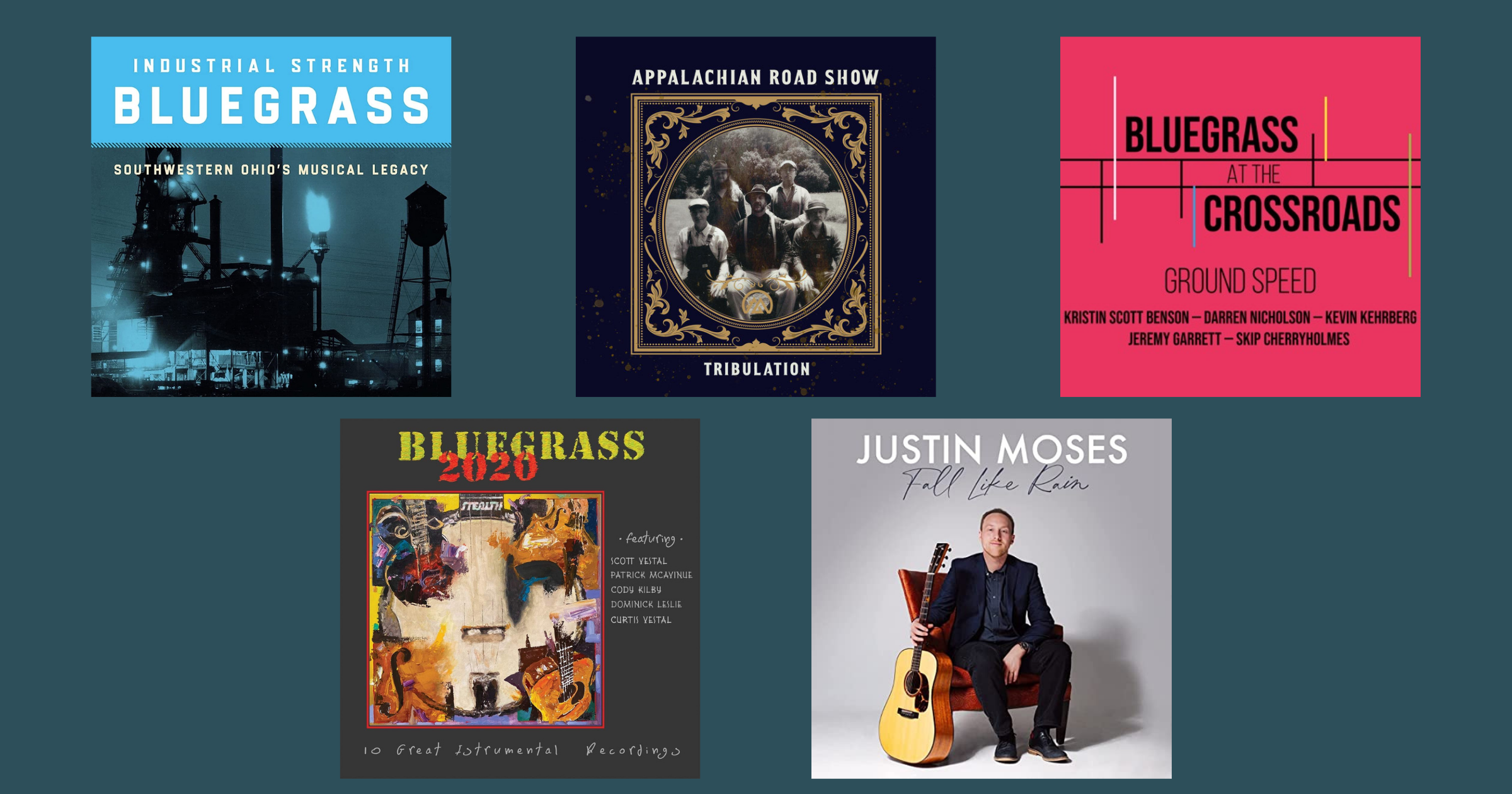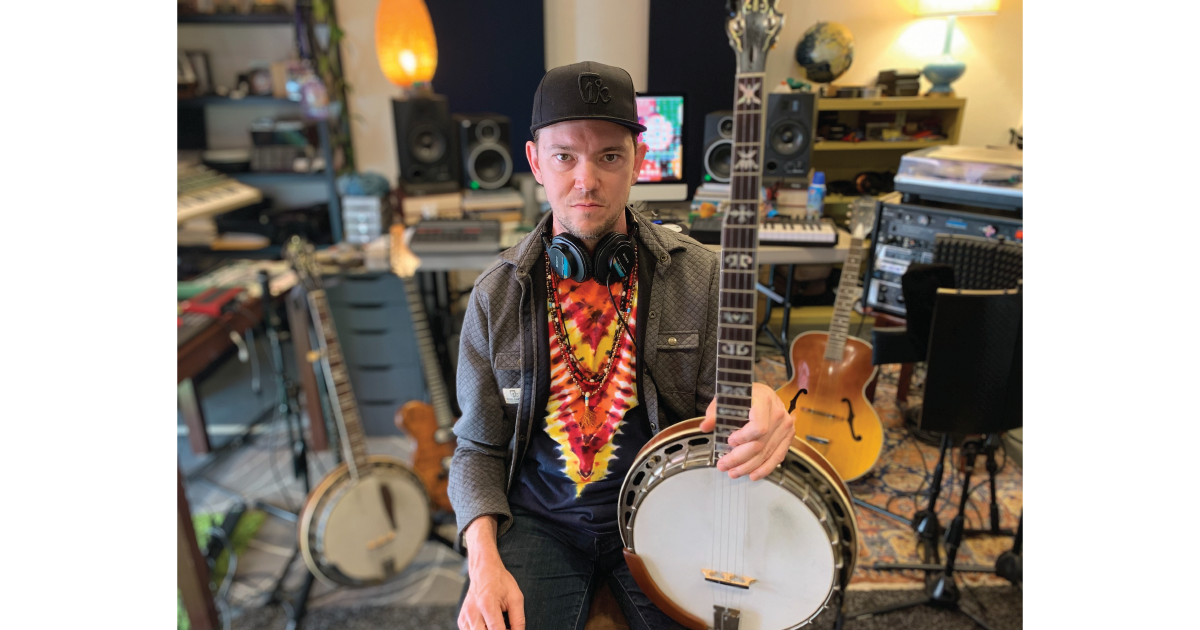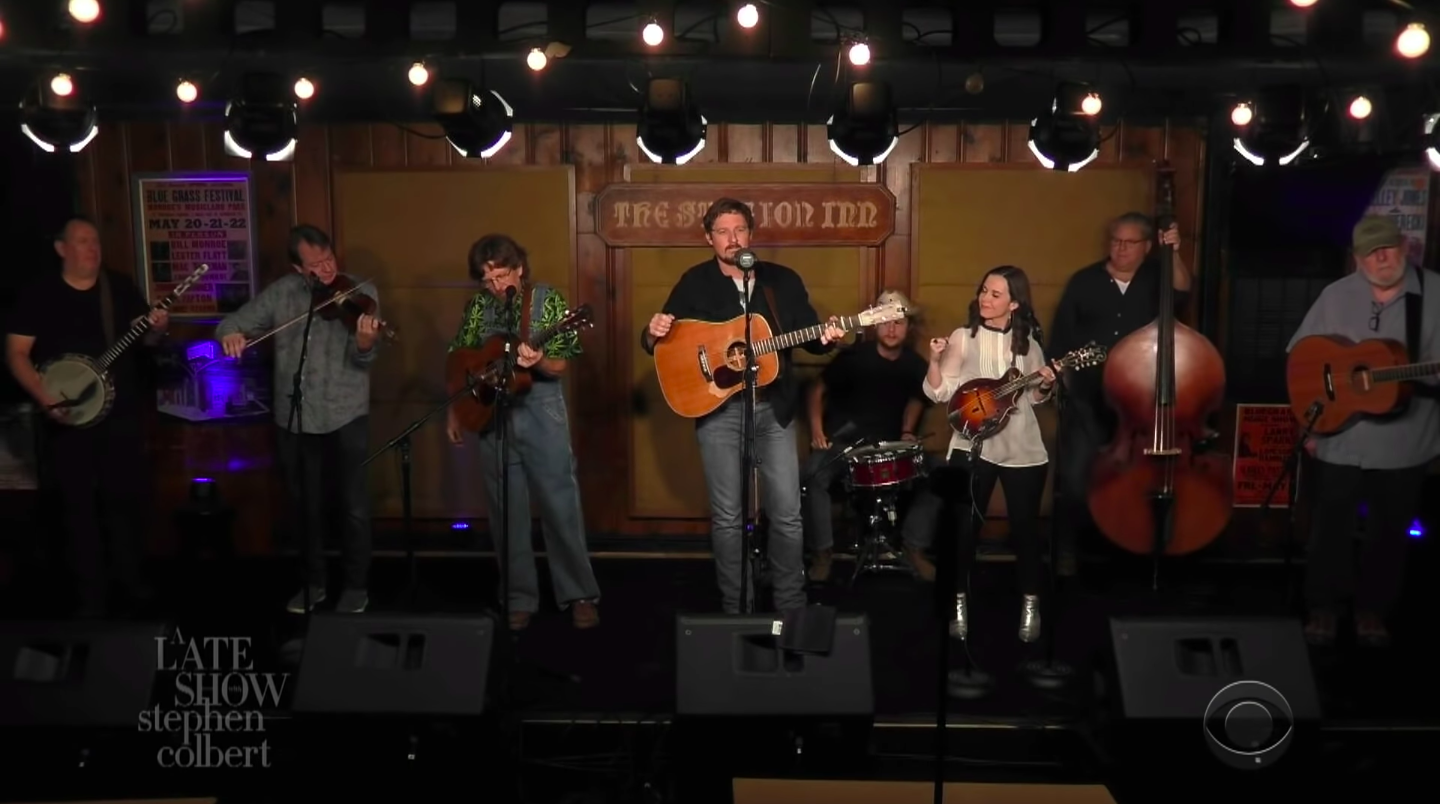You know we always have your back when you need new music recommendations, right?
This week, we’re sharing premieres from extraordinary bluegrass pickers like fiddler Andy Leftwich and the Vestal Brothers, Curtis and Scott. Plus, singer-songwriters Eden Brent and Annie Bacon each showcase new emotive and moving songs about family, love, and grief. Bacon wrote “Alone With Grief” to be a comfort and a balm to those who have experienced loss, but without sugar-coating or toxic positivity. While Brent’s “You On My Mind” was written by her husband – and collaborator and bandmate – Bob Dowell, about their long distance courtship.
Don’t miss the Faux Paws reprising a song from their 2023 EP, Backburner, with bassist Zoe Guigueno or the final installment of Meadow Mountains SkyTheory Sessions series, which we’ve premiered in four parts over the last few weeks. You can watch “Backburner” and “Count Me In” below and find links to the Faux Paws’ crowdfunding campaign and the preceding three performances from Meadow Mountains video series, as well.
It’s all right here on BGS and You Gotta Hear This!
Andy Leftwich, “R-26”
Artist: Andy Leftwich
Hometown: Carthage, Tennessee
Song: “R-26”
Release Date: May 24, 2024
Label: Mountain Home Music Company
In Their Words: “I’ve always loved the music of Django Reinhardt and Stephane Grappelli. This fun tune was introduced to me by my wife’s cousin, Luke. It’s one that you don’t hear very often, but has a simple and catchy melody that is extremely fun to improvise and solo over. Django and Stephane have inspired so many great musicians and have had a huge impact on bluegrass music. I first heard about Stephane through David Grisman and their record, Live. I instantly fell in love with that style of music and dove head first into their catalog. The art of improvisation is something that makes bluegrass and swing music so unique and I was thrilled to record this one with Cody Kilby on guitar and Byron House on upright bass. I hope it brings a smile to your face as it does for me each time we play it!” – Andy Leftwich
Annie Bacon & her Oshen, “Alone with Grief”
Artist: Annie Bacon & her Oshen
Hometown: Ann Arbor, Michigan
Song: “Alone With Grief”
Album: Storm
Release Date: June 14, 2024
In Their Words: “Before I wrote this song, I knew this was my grief album and it’s deeply personal. But with the recording sessions approaching, I felt this urgency to say something directly to the listeners and not just share my own experience. I wanted to speak to that strange time in early grief when you need so much comfort, but also you kind of need zero bullshit. For example, I wanted the word dead in this song. No euphemisms. Your loved one is dead. They’re dead. That’s what it is. It’s strange how people struggle to say that word. For me there was a lot of comfort in being able to say it that plainly. But I also knew that my nervous system in that period was so dysregulated all the time. I was a disaster: veering between jumpy and catatonic. So when I was writing this song and channeling that time of grief, I wanted to create as much comfort and emotional safety as possible.
“I listen to a really wide variety of music, and while I didn’t make a conscious decision to give this a samba feel when I was first writing it, that’s definitely the kind of music that soothes me. When it was clear that that was what the song was leaning towards, I leaned all the way in. I’m so lucky that the musicians I was working with (Anson, Thomas and Paul) are really versatile and talented across multiple genres. So it wasn’t a stretch or strain. After I’d received the final master, I saw a friend’s post about her Mom dying suddenly, and I recognized the tone of her writing: a distant numbness from shock, matched with a recounting of the details, and then veering into total heartbreak. I sent her the song and she wrote back, ‘I feel like this was made just for me,’ and that’s about the best compliment I could’ve received. I hope that’s how it feels to everyone who hears it.” – Annie Bacon
Track Credits: Written by Annie Bacon.
Performed by Annie Bacon, Paul Defiglia, Thomas Bryan Eaton, and Anson Hohne.
Produced by Annie Bacon and Paul Defiglia.
Recorded by Paul Defiglia with Kate Haldrup and Wil Tsyon at Daylight, Nashville, Tennessee.
Mixed by Mike Clemow and Wade Strange at SeeThruSound, New York.
Mastered by Piper Payne at Neato Mastering, California.
Eden Brent, “You On My Mind”
Artist: Eden Brent
Hometown: Greenville, Mississippi
Song: “You On My Mind”
Album: Getaway Blues
Release Date: June 21, 2024
Label: Yellow Dog Records
In Their Words: “My husband Bob, who produced and plays bass on this recording, wrote this song for me, so it’s very personal. He is from London and I am from the Mississippi Delta, which means that we spent the whole seven years of our courtship across the Atlantic Ocean from each other. This song expresses the love that made our long separation tolerable. The idea is borrowed from Shakespeare’s Sonnet 44, which is a favorite of mine. In those 14 lines the poet declares that despite distance, one’s true love is only a thought away. When Bob was writing this, we discussed how most songs are remembered for the repeated lyrics and not for the meaning of the song in its entirety. We mentioned ‘When a Man Loves a Woman’ and ‘Don’t Worry Be Happy,’ and discussed John Mayer’s ‘Say.’ Melodically and lyrically, Bob wanted a song that was simple and easy to remember. We joke about this popular songwriting style and sing it like this: ‘Say what you need to say. Say what you need to say. Say what you need to say. Say what you need to say, and get out!’
“Musically, Bob originally envisioned a sort of marching gospel, but once the studio session began, my keyboard part sounded more like a country waltz. Here, Bob plays a warm sostenuto bass and asked the guitarist, Rob Updegraff, to, ‘Make it as country as you can.’ When the tape rolls, Rob bends the Telecaster strings making that lovely cry that opens the track. The drummer, Pat Levett, with his love of New Orleans rhythm, adds a triplet undercurrent and brings the song back into the gospel realm. The resulting landscape is unusual yet familiar and lends the perfect accompaniment to the simple, heartfelt lyrics. ‘Everything is easy with you on my mind.'” – Eden Brent
Track Credits: Produced and written by Bob Dowell.
Recorded by Benedic Lamdin at Fish Factory Studio, London.
The Faux Paws, “Backburner” (featuring Zoe Guigueno)
Artist: The Faux Paws
Hometown: Springfield, Vermont
Song: “Backburner”
Album: Backburner EP
Release Date: April 7, 2023
Label: Great Bear Records
In Their Words: “Hey, have you ever had sad feelings? Have you ever tried shoving those feelings deep down and not feeling them and then everything’s great!? That’s what this song is about! It’s a bop and the title track off our 2023 EP. Noah really cuts loose on the fiddle insanity. Lately we’ve been thrilled to tour and record with bassist Zoe Guigueno (Hadestown, Della Mae, Fish & Bird) and will be hitting a slew of festivals with her this summer. We’ve also got a new album in the works right now and are in the midst of a crowdfunding campaign to make it all happen! Check out the details and other fun content here.” – Chris Miller
Video Credit: Directed and Produced by Rebecca Branson Jones.
The Vestal Brothers, “Let Those Fingers Fly”
Artist: The Vestal Brothers
Hometown: Duncan, Oklahoma
Song: “Let Those Fingers Fly”
Album: Family Ties
Release Date: May 28, 2024
Label: True Lonesome Records
In Their Words: “‘Let Those Fingers Fly’ is a song written in a reflective mindset thinking back to the days Scott and I would head to Oklahoma to stay with our grandparents for the weekend or off to a festival with grandma and grandpa, Famon Self. He was a fiddle player in a country western band and they played local rodeos, nursing homes, and special events local to the community there in Duncan, Oklahoma. I remember seeing him on a tractor-trailer stage in the parking lot at the mall, and he’d get us up to play with them. Good times!
“We had this song recorded and along with Eddie Sanders of True Lonesome Records, decided it was time we went ahead and work on a record that will be released later this year. Be on the lookout for Family Ties.” – Curtis Vestal
Track Credits:
Curtis Vestal – Lead vocal, bass
Scott Vestal – Banjo, harmony vocal
Tim Crouch – Fiddle
Cody Kilby – Guitar, mandolin
Randy Kohers – Resophonic guitar, harmony vocal
Meadow Mountain, “Count Me In”
Artist: Meadow Mountain
Hometown: Denver, Colorado
Song: “Count Me In”
Album: June Nights
Release Date: May 22, 2024
In Their Words: “I originally conceived of this song as a ‘rewriting’ of ‘Rocky Mountain High’ by John Denver. The first lyric from ‘Count Me In’ is: ‘Twenty-seven came and went like a storm, hanging on by the songs I wrote on the day that I was born,’ which is an homage to Denver’s lyrics: ‘He was born in the summer of his 27th year, coming home to a place he’d never been before.’ From there, the song took on its own life. It is a celebration of life in The Rocky Mountains. You want to go play up in the talus fields and by the ice cold mountain lakes? ‘Count Me In.'” – Summers Baker
Photo Credit: Andy Leftwich by Erick Anderson; Annie Bacon by Cybelle Codish.

